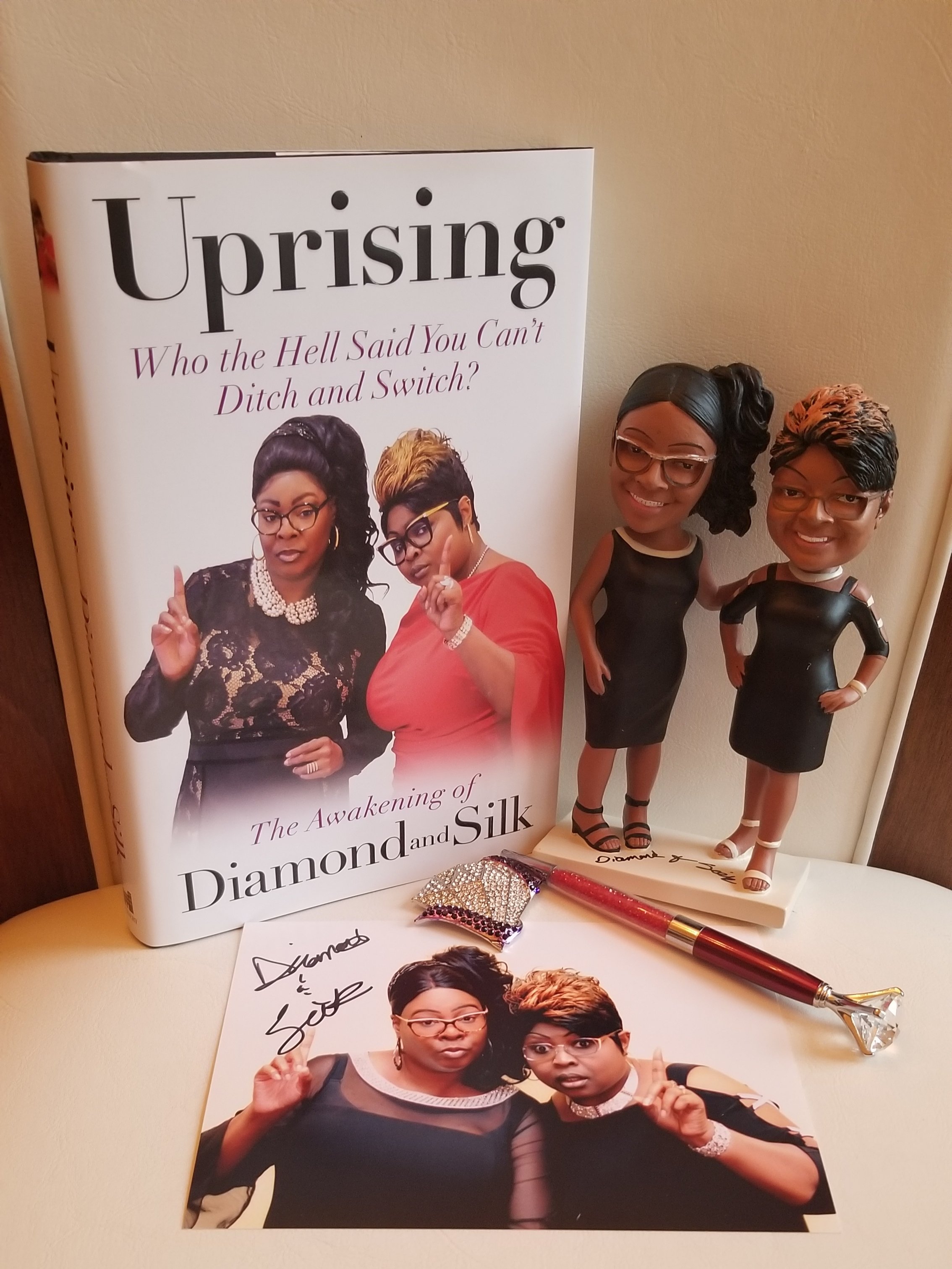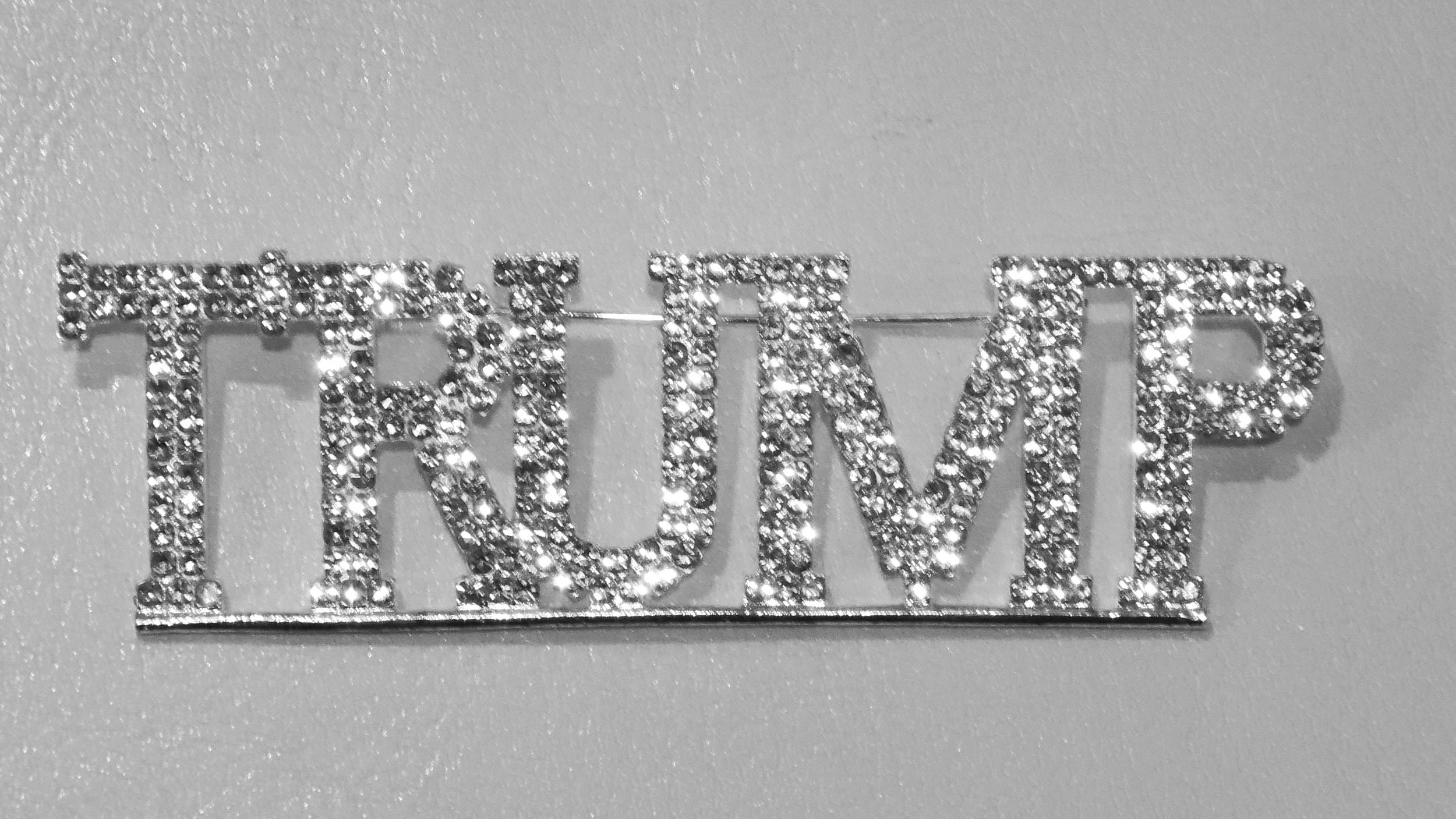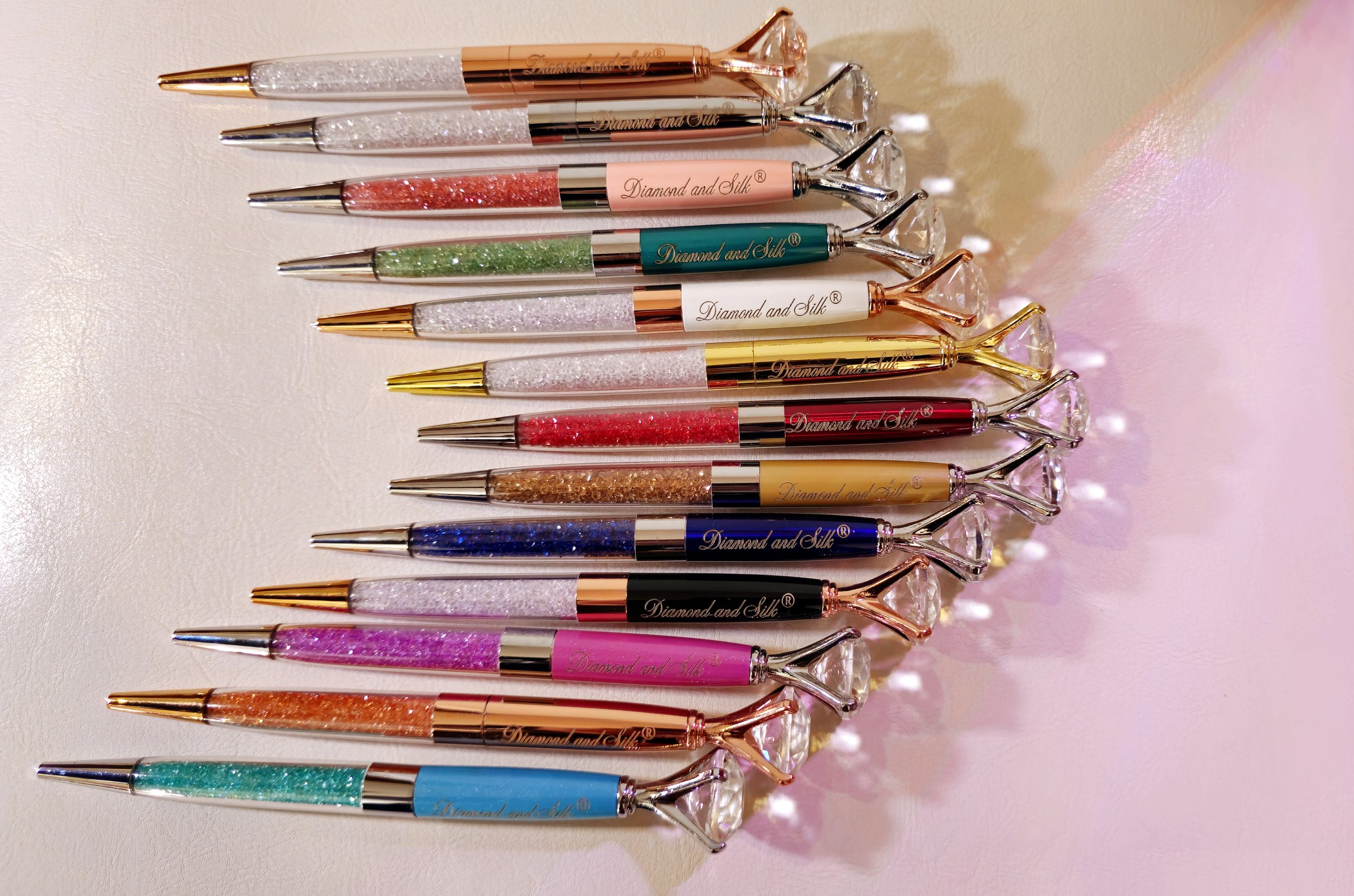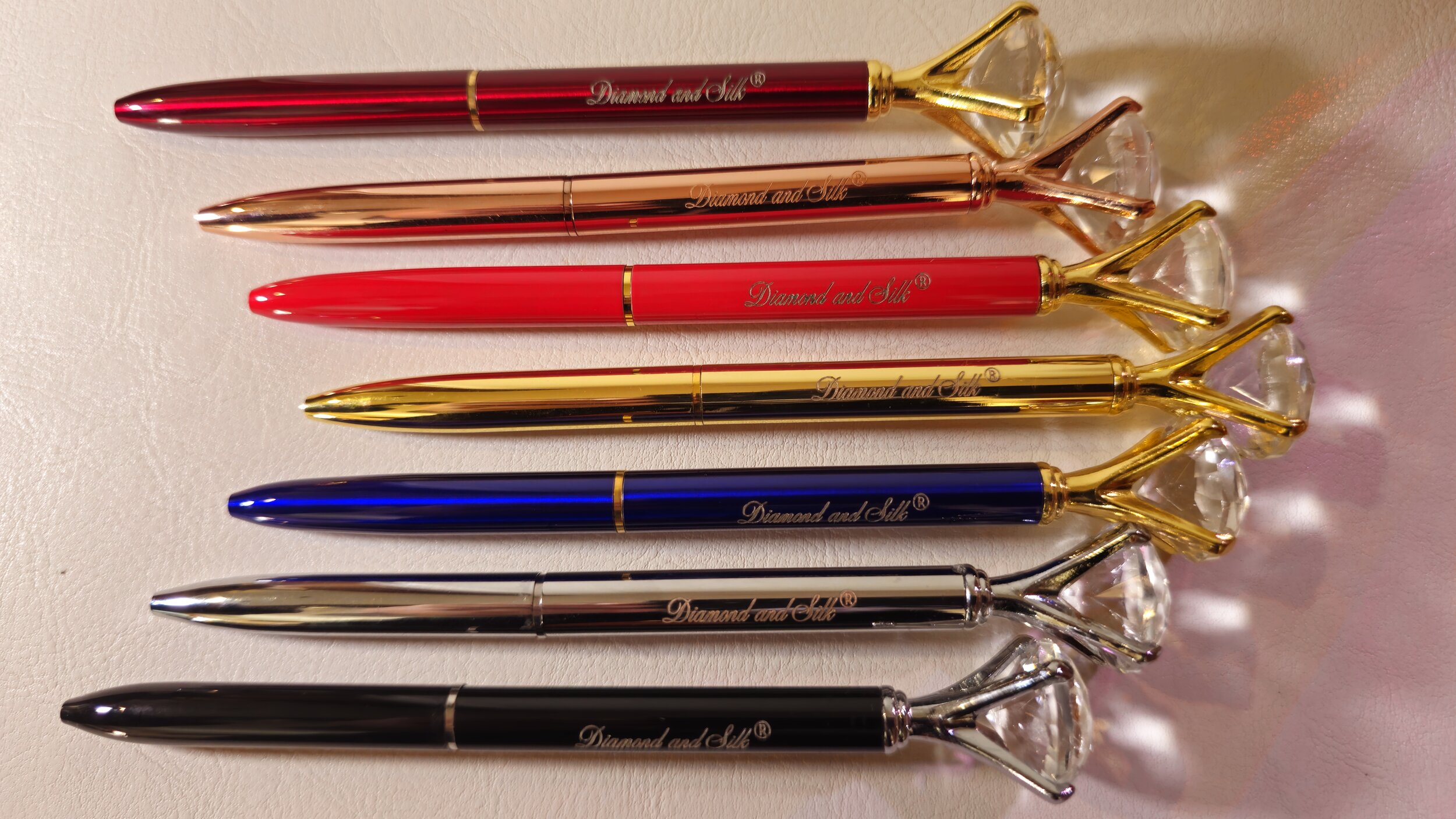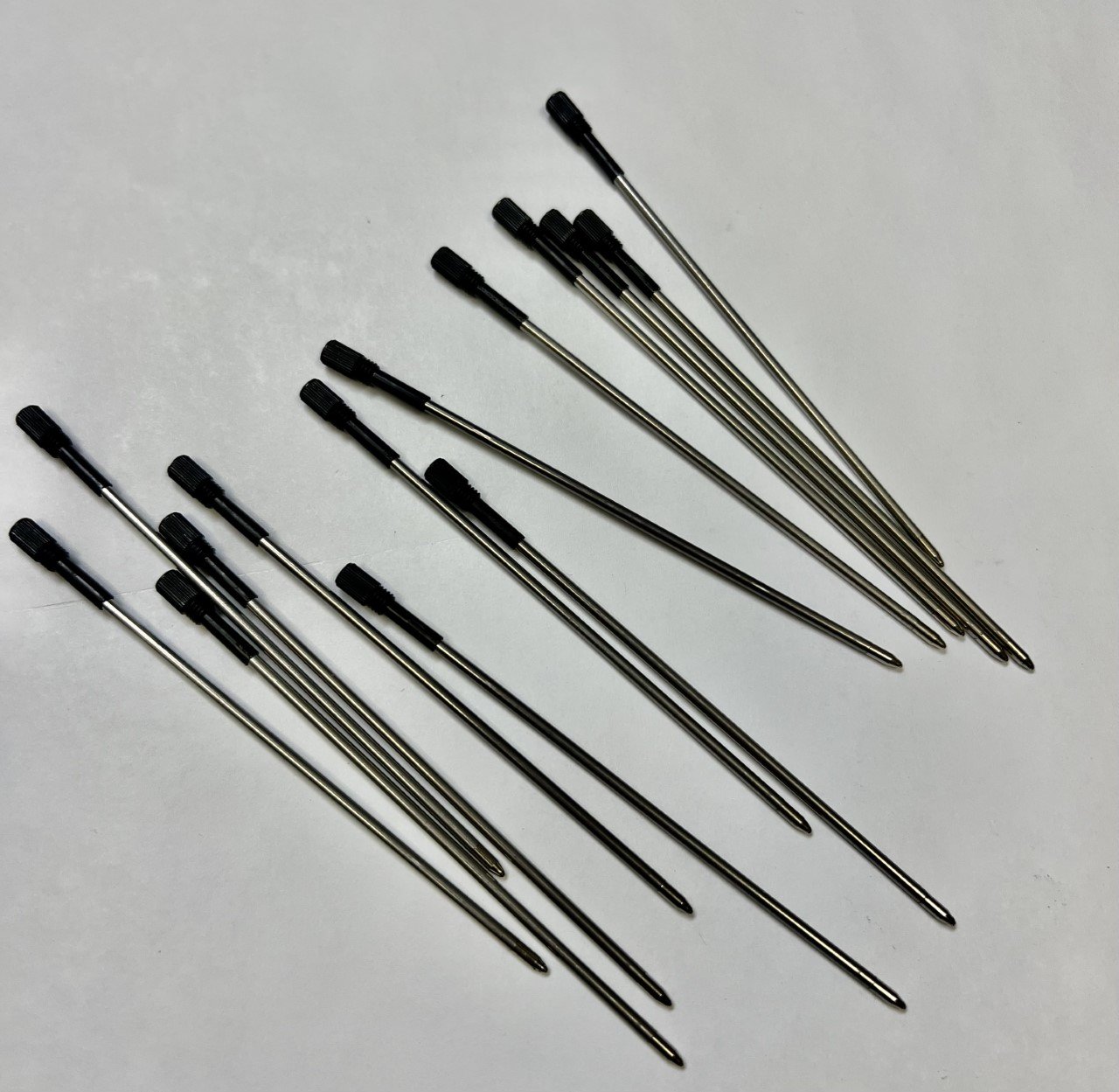President Trump’s “Liberation Day Tariffs” Brings Nations to the Table Ready to Negotiate to Avoid Retaliatory Measures
By The Blog Source
Treasury Secretary Scott Bessent provided fresh perspective on the international reaction to President Donald Trump's recently unveiled tariff plan during an appearance on Fox Business Network's Kudlow on Monday night. Last week, the President presented his "Liberation Day" tariffs, which include a flat 10% import tax and the potential for higher, country-specific levies for countries that already impose trade barriers or engage in manipulative activities.
A 10% base tariff on foreign goods was declared by President Trump, with higher rates for certain nations depending on reciprocity. Up to 70 countries have indicated interest in engaging in negotiations to prevent retaliatory actions, according to Treasury Secretary Bessent. With Trump expected to personally attend negotiations, Japan is anticipated to be first in line.
Following the President's extensive new tariffs, Treasury Secretary Scott Bessent disclosed on Kudlow that about 70 nations had contacted the Trump administration to discuss trade issues. Talks are welcome, according to the administration, but only with nations that are prepared to remove their own obstacles first.
"The administration's strategy is working exactly as intended," Bessent told host Larry Kudlow, "by applying pressure early and waiting for foreign governments to blink." According to Bessent, "Trump is the best at giving himself the most leverage." "We gave countries a few days to consider the tariffs after outlining them on April 2."
That strategy seems to be working. Bessent claims that "50, 60, maybe almost 70 countries" have reached out to the administration in an attempt to work out new agreements that would lower tariffs, remove non-tariff trade restrictions, and put an end to unjust subsidies and currency manipulation.
Japan is at the top of the list. Bessent and U.S. Trade Representative Jameson Greer were tasked with leading negotiations after President Trump met with Prime Minister Shigeru Ishiba earlier in the day. It is anticipated that Trump would actively participate in the talks, a sign that the new framework takes seriously America's military and economic connections to Japan.
Bessent made it apparent that nations looking for advantageous conditions need to be prepared to make significant compromises when they approach the table. He stated that the administration's door is open—but only to allies willing to level the playing field—and counseled foreign officials from escalating.
Additionally, he defended the administration's strategy for deciding which nations would face higher tariffs, pointing out that the policy has been guided in part by trade deficits and scholarly research on non-tariff barriers. "The true issue with the United States having free and equitable access to these markets is non-tariff trade barriers," Bessent stated.
Bessent responded to Kudlow's question on whether a trade agreement with Japan might be finalized in the upcoming weeks in a positive but stern manner. "We are at a maximum tariff level for nations that do not retaliate, and it is my hope that through good negotiations, all we will do is see levels come down," he stated. "However, that will rely on the other nations."
April is turning out to be a pivotal month for international commerce as well as for an administration that is committed to regaining American economic dominance by force rather than capitulation.
To join the Diamond and Silk Monthly Supporter Program, visit http://SupportDiamondandSilk.com.
Lindell TV, VOCL, ChatDit, Rumble, TruthSocial, and Diamond and Silk Media are all excellent ways to stay connected with Diamond and Silk.




































